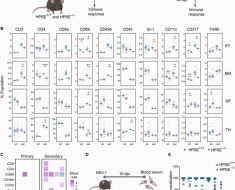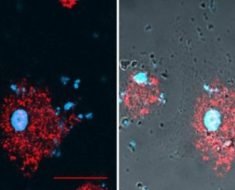Doctors are constantly searching for new methods to help bring an end to patterns of substance abuse. A new study by the Massachusetts General Hospital (MGH) Recovery Research Institute has found that happiness exercises could be the key to bringing long term relief, according to ZME Science.
Happiness exercises are essentially a form of psychological therapy aimed to increases one’s in-the-moment happiness. It involves a patient who is recovering from substance abusing recalling happy moments in their life. During the exercise, the person is instructed to look through their own collection of photos and select those from particularly happy days in their life. Along with the photo, they then type out a caption explaining what happened that day. The exercise forces the patient to admit that they have experienced happiness in the past and can get to that point again. The exercise has proved widely successful, bringing about true happiness and assisting in the recovery effort.
Another popular exercise recovery specialists are using is called ‘Rose, Thorn, Bud’. Patients describe something positive that happened that day, called the rose. They then consider a thorn in their life, or something difficult they are struggling with. The bud, is something they are looking forward to in the future. The exercise increases self awareness and reflection while simultaneously allowing for hope moving forward.
Bettina B. Hoeppner, PhD, senior research scientist at the Recovery Research Institute, spoke of the positive affects of these new psychological exercises. “Addiction scientists are increasingly moving beyond the traditional focus on reducing or eliminating substance use by advocating treatment protocols that encompass quality of life.” She went on to describe how the happiness exercises allow the person who is struggling to find gratitude for the positive aspects of their life. While there may certainly be challenging parts of their day, they must not overlook the bright moments. “These findings underscore the importance of offsetting the challenges of recovery with positive experiences. Recovery is hard, and for the effort to be sustainable, positive experiences need to be attainable along the way,” Dr. Hoeppner said.
Researchers also noted that forcing substance abuse patients to discuss their addiction seemed to do more harm than good. While opening up about substance abuse struggles might be therapeutic for some, it has also been known to cause patients to focus inward at their pain. By doing this, they are focusing more on the problem at hand than what they are going to do to solve it.
Source: Read Full Article





